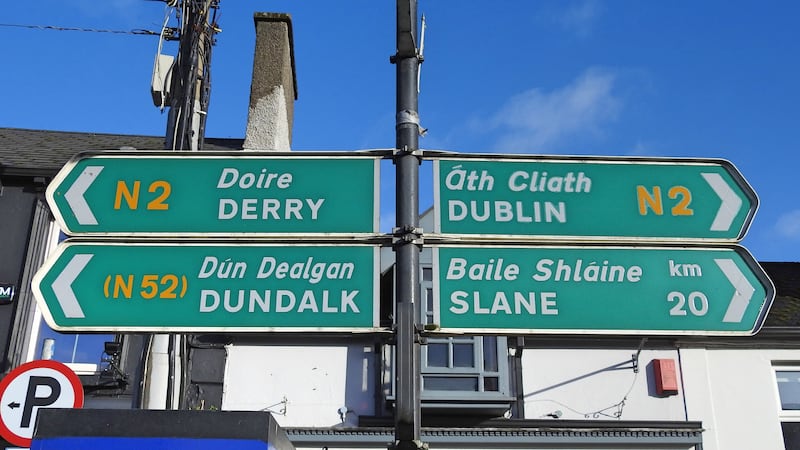A conference of the far-right Alternative for Germany party was met by protests on Saturday, as it and other major parties launch their campaigns for the country’s election next month.
Alternative for Germany, or AfD, is holding a two-day gathering in Riesa, in the eastern state of Saxony, one of its strongholds, to formally nominate co-leader Alice Weidel as its candidate for chancellor and finalise details of its platform.
A heavy police presence was in place as thousands of demonstrators were expected.
Officers partly broke up a sit-in blockade at a crossroads, and fireworks were thrown toward police on the sidelines of another protest, German news agency dpa reported.

Polls show AfD in second place ahead of the Februry 23 election, with about 20% support.
However Ms Weidel, who this week held a live chat with tech billionaire Elon Musk, who has endorsed the party on his X platform, has no realistic chance of becoming Germany’s leader as other parties refuse to work with AfD.
It is the mainstream conservative opposition Union bloc that leads polls with about 30% and its candidate, Friedrich Merz, is the favourite to become the next chancellor.
Centre-left Chancellor Olaf Scholz is hoping for a come-from-behind victory, but there has been little sign of significant movement so far in polls that show support for his Social Democrats at 14%-17%.
Mr Scholz leads a minority government after his unpopular and notoriously rancorous three-party coalition collapsed in November, when he fired his finance minister in a dispute over how to revitalise Germany’s stagnant economy.
The election is being held seven months earlier than originally scheduled.









